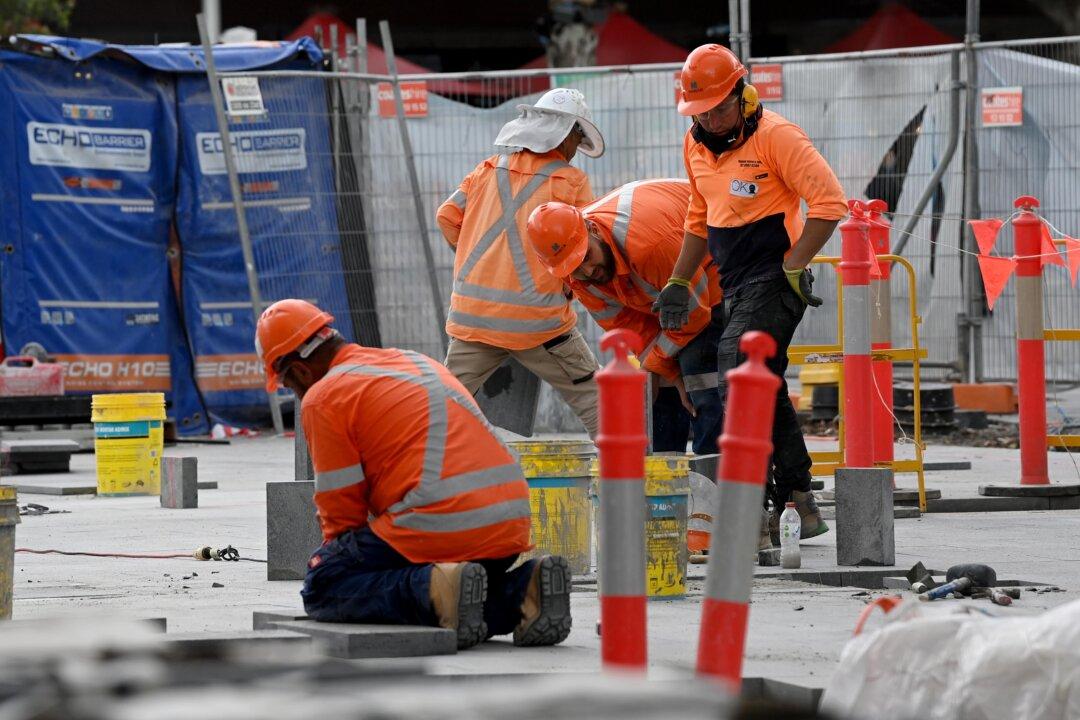One of Australia’s largest unions wants to see non-union members pay them for any future successful negotiations for higher wages and conditions.
This is despite union membership falling to an all-time low in 2022.


One of Australia’s largest unions wants to see non-union members pay them for any future successful negotiations for higher wages and conditions.
This is despite union membership falling to an all-time low in 2022.